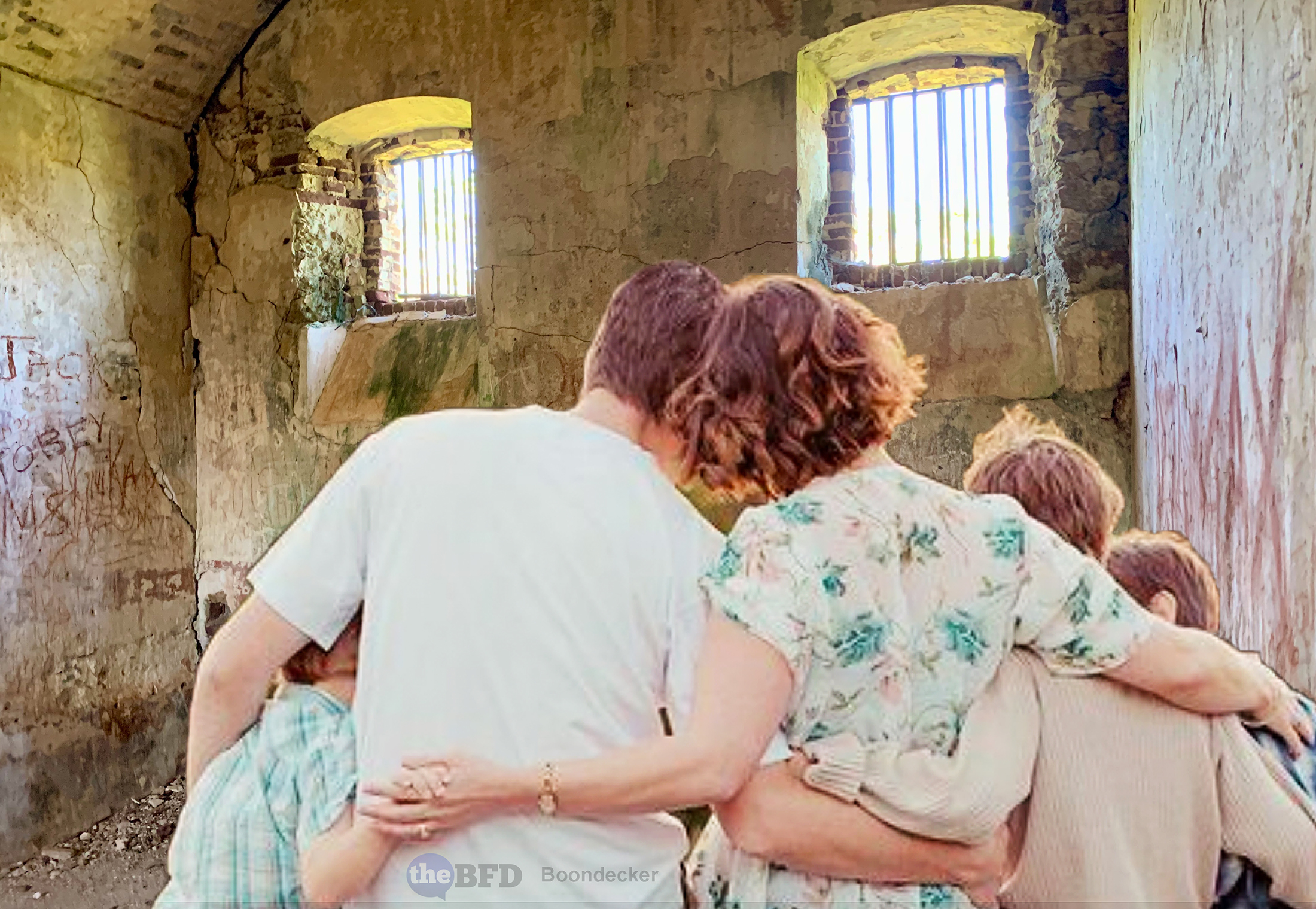Crimes across the country are going uninvestigated due to the number of police officers deployed to Covid MIQ facilities and patrolling the Auckland border.
Elective surgeries have been cancelled. Children’s education disrupted. Mental health problems have worsened. Has anyone produced a calculation of the social cost from fighting Covid and is that vital to considering how to tackle future pandemics?
Stuart Smith
National MP Kaikoura
When the Government plunged us into a lockdown in March 2020, few of us would have understood the consequences that it might have on society.
This was to prevent the spread of Covid-19 and to minimise hospitalisations and ultimately deaths from Covid-19. It is clear that the Government did not do the due diligence on what effect lockdowns might have in the long term.
Having said that, there are few if any countries that did, but that does not mean we should not reflect on this and ask if we did the right thing and if not how could we respond more effectively next time.
In February this year, it was reported that only four in 10 New Zealand students were meeting minimum levels in mathematics, and just two in 10 were meeting the expectations in science. This was our worst recorded level.
I can hardly imagine that a ‘working from home’ scenario for primary school students has improved those numbers. For Auckland children, who for the most part, spent 107 days away from a consistent level of education in 2021, it will likely cause problems for many. Naturally, some will catch up and won’t miss a beat, but there will also be some who will never get the fundamental basics and it will likely narrow their career choices as a result.
The strict lockdowns would have undoubtedly also had an effect on the psychological wellbeing of New Zealanders. Early surveys and research is suggesting that 30 per cent of people reported moderate to severe psychological distress as a result of New Zealand’s lockdowns.
Unfortunately, we have been battling some of the worst mental health and suicide rates in the developed world prior to the first lockdown. In the same survey, 10 per cent of respondents expressed some form of family harm or violence during the lockdown period.
These are the things that people are not talking about. We were being told to stay in our homes, and only go out when it was absolutely necessary, but we did this without understanding what impact it would have on our wellbeing.
What is equally disturbing about these statistics is that to date the Government hasn’t acknowledged that lockdowns do have serious effects. Unfortunately, the Government didn’t even fast-track frontline mental-health services to respond to the increasing rates of mental distress as a result of the restrictions. There is $45 million of underspent mental health initiatives, which is unbelievable in the circumstances.
I understand why we needed to lock down the country, we needed to prevent deaths as a result of Covid-19, but we also need to acknowledge and respond equally to the distress and the suffering that lockdowns cause people.
Instead of spending the Covid-19 recovery money on the likes of Three Waters reform and increasing backroom bureaucrats in Wellington, a National Government would have invested in services to help those who need it most.
2021 has been a testing time for so many people, in so many ways, and a responsible Government owes it to New Zealanders to ensure that the costs to our wellbeing of the lockdowns are addressed now and in the future.

